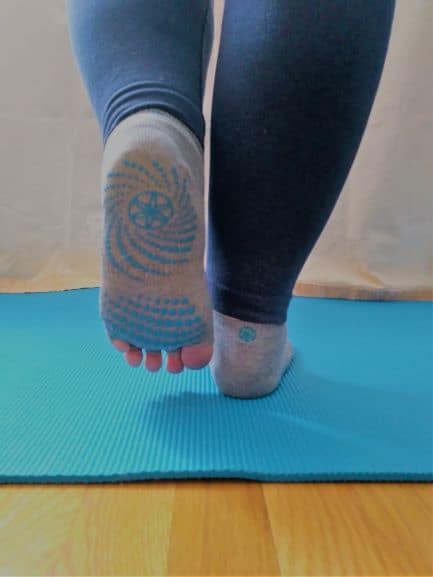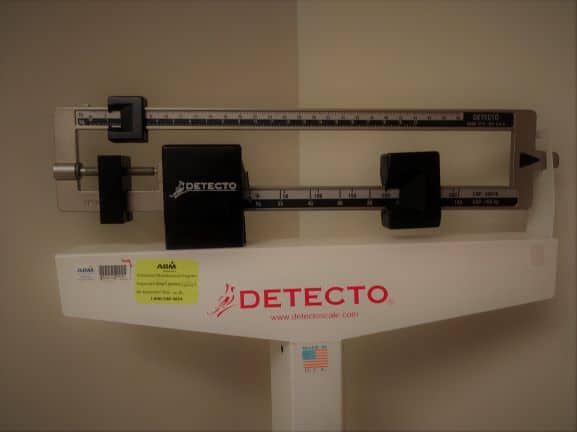
This month I want to piggyback on the topic of resolutions I started in January’s blog, but this time, instead of our own goals, I want to talk about our role in promoting health and balance for our patients.
Statistics show that 48% of people that make resolutions make them specifically about losing weight. That’s a big percentage and does not take health or fitness into account. In my experience over the years, I have had countless patients who ask if their injury or pain is related to their weight, even when there is a clear trauma involved. Even more than that, I have had patients on my table that are self-conscious about their body because of their weight, often making a point to tell me that they plan on losing weight. One recent patient made such a point of it that I felt compelled to ask if she had recently gained weight. She responded that she had been this weight since she had her children… over 15 years before this conversation.
These are not healthy perspectives.
Yes, I know and understand the impact that weight has on the health of our joints. I know that obesity is at epidemic levels in America, and that weight loss has health benefits across our body’s systems. And, yes, I firmly believe in the power of setting goals. But our goals should motivate and build us up, not make us feel bad about ourselves or that we should have shame in the way we are right now.
Balance
We are physical therapists; we know the value of balance! We teach our patients to balance their muscles and the forces on their joints all the time. In one way or another, balance training comes into play with almost every patient we see, whether it is postural balance, equilibrium, or proprioception. Loss of balance is a key precursor to dysfunction and disability.
Aside from the world of physical therapy, balance is important in many aspects of life. We have to balance our finances so that we can save money while still enjoying life. We also have to meet our responsibilities while providing ourselves with some form of stress-relief and self-care. Work-life balance is something we all strive for to maintain our mental health.
Physical health and fitness should be approached the same way. When it comes to weight, the focus should not just be on the number. It should be about feeling healthy. There are plenty of unhealthy ways to lose weight out there, and if an individual is solely focused on that number then their nutrition will likely suffer. Perhaps their mental health will suffer even more; deprivation tends to have that effect.

Promoting a Healthy Patient
Body shaming is something we see on social media, in entertainment, and within society. At the same time, thankfully, there is a body positivity movement happening to promote self-love and self-respect. Unhealthy ideals are not good for any of us and can waste so much energy.
Physical therapists are not nutritionists or dietitians, but we are healthcare professionals that can help to promote a healthy body image for our patients. On a smaller, more immediate scale, our patients must be able to feel relaxed and comfortable when they lay down on the plinth so our treatment can be effective. Looking at the bigger picture, we need to promote our patients to be healthy without making them feel bad about themselves, or their bodies.
Patient education is a big part of what we do. Certainly, our patients should know the impact their weight has on their health, but we need to make an effort to frame it in a way that motivates and empowers them. A mentally healthy patient will find their way to it a lot faster than one that is always critical, shameful, or beating themselves up about their body.
How do we do this? Don’t just say, “You need to lose weight.” This cold, blanket statement is likely something that they have heard before and is the opposite of inspiring. Instead, relate it to their personal goals. How will losing weight (improving health, improving balance) help them to achieve a function or an activity that they are striving for? Show them that you know that it’s not easy and that you are there to support them. Give them facts and information without judgment. Empathy and understanding go a long way over lecturing.
Promote balance, promote health.

Recent Comments